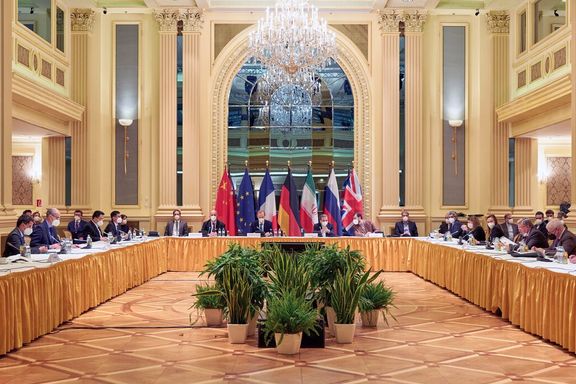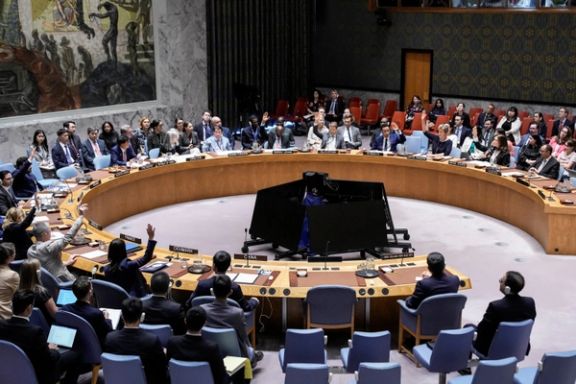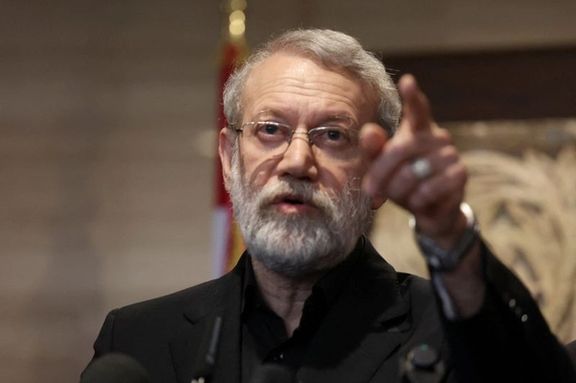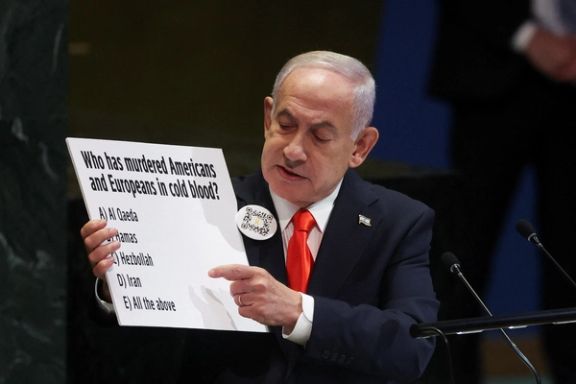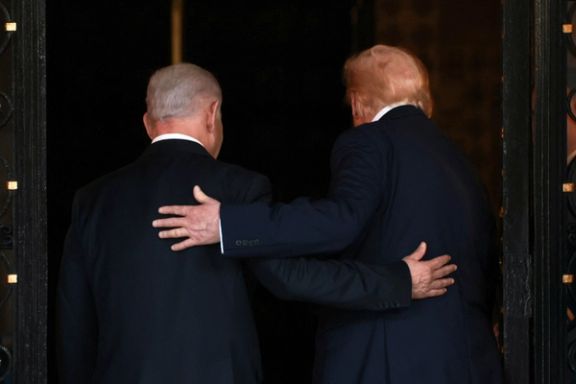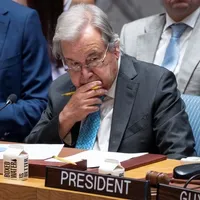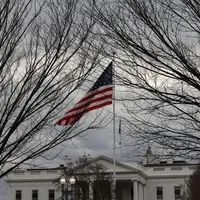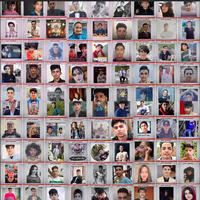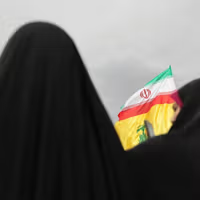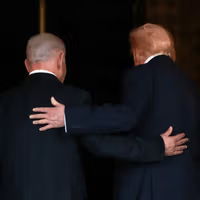The 2015 nuclear deal set out a mechanism allowing UN sanctions to be reimposed within 30 days if Iran was accused of breaching its commitments.
That window closes at 8:00 p.m. Washington time on September 27. Yet even at this late hour, officials speak of talks more than they conduct them.
The US and Europe have made demands Tehran cannot meet in the wake of the 12-Day War: cooperation with the IAEA, clarifying the fate of 60%-enriched uranium, curbing the missile program, and striking a deal with Washington.
Tehran, meanwhile, signals readiness for “fair” talks but chiefly to show it did not slam the door.
Packages of blame
Western capitals have pursued “diplomacy backed by threats” since talks resurfaced in early 2025, and the war did not alter that approach.
Their demands serve less to reach agreement than to build the narrative: “We gave Iran a chance; it refused.”
Washington’s posture has been no more conciliatory. US envoy Steve Witkoff spoke of willingness to engage as late as Wednesday, but both Iranian Vice President Mohammad Reza Aref and Reuters reported Tehran’s messages have gone unanswered.
Tehran’s signals point the same way.
Officials from the Supreme Leader to Ali Larijani stress that negotiations must be “fair” and free of threats—framing the Islamic Republic’s line as: “We tried, they refused.”
This is less about diplomacy than about managing domestic opinion, with rival factions poised to pin the blame on one another once snapback hits.
Moscow and Beijing’s pause
In the stalemate, Russia and China floated a six-month delay at the Security Council—but few ever expected it to pass.
The point was never to resolve the crisis but to buy time, cast the West as obstructionist, and tether Tehran more tightly once sanctions return.
It may also be viewed as geopolitical gamesmanship: draining US and European bandwidth in the region.
Had Moscow and Beijing sought a solution, they could have mediated far earlier.
Where the failure bomb lands
The sanctions are now all but certain to proceed.
The war has left Tehran unable to concede, the West will not soften its conditions, and Russia and China are content with delay.
What remains is not crisis-solving but narrative-shaping: deciding where the bomb of failure lands.
For the US and Europe, the message is: “Iran squandered its chance.” For Tehran: “We negotiated, they refused.” For Russia and China: “We offered diplomacy, the West rejected it.”
As a senior European diplomat told Al-Monitor this week: “The negotiations have failed, and snapback will occur.”
It was a verdict on talks but also the opening line of the autopsy of a lost decade since the deal in 2015.
